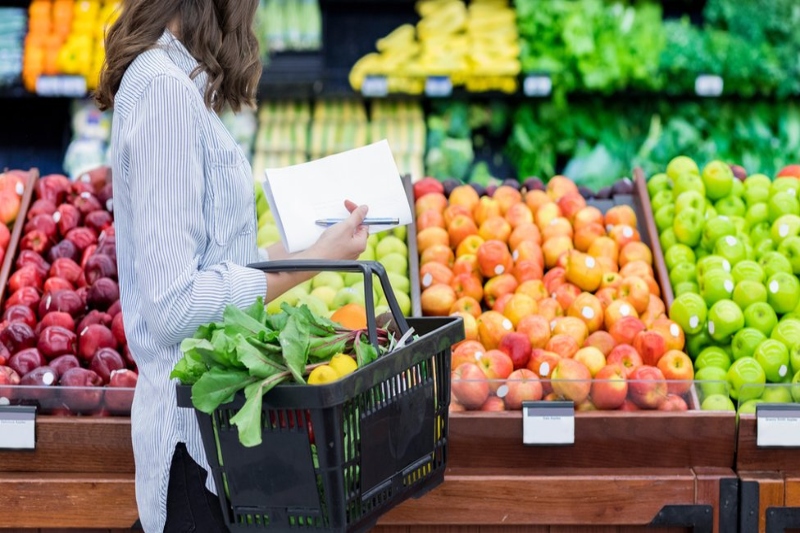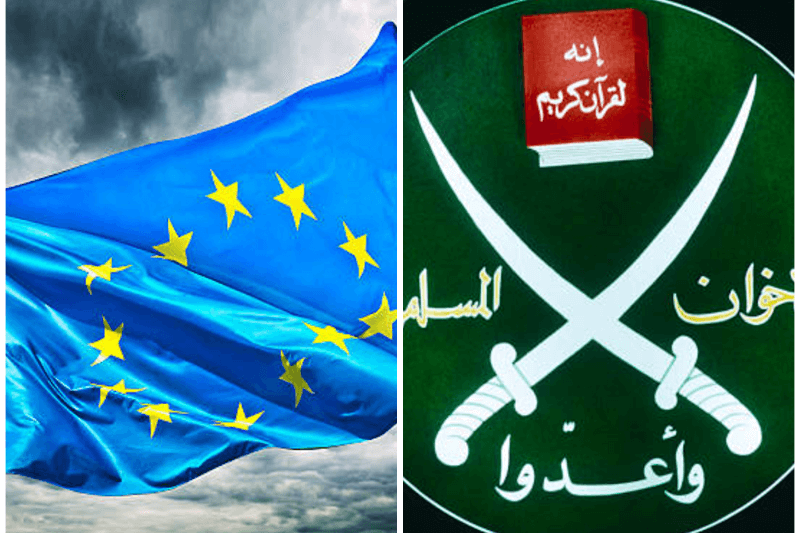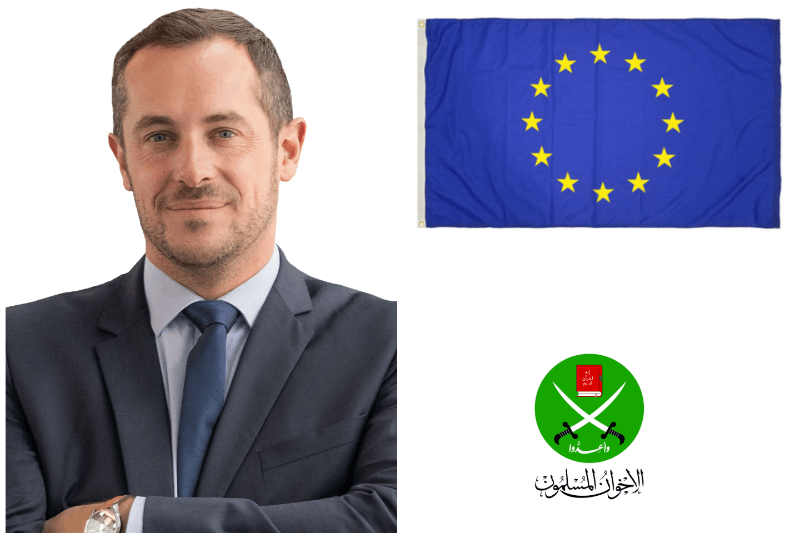
The effects of Brexit: products not allowed at the border and no fruit in many shops
Last updated on January 16th, 2021 at 05:27 am
The effects of Brexit: Netherlands border agents confiscated yesterday all the ham and cheese sandwiches an English gentleman arriving by ship from the United Kingdom brought with him. The man asked why and the border officials explained that because of the Brexit, it is no longer allowed to import this type of product. “Sorry, sir. This is Brexit.” One of the agents said. That is an emblematic scene of the United Kingdom’s exit from the European Union effects.
The agents strictly but correctly applied the new rules. Because from 11 pm on 31 December 2020, the UK officially left the European single market. And although Boris Johnson snatched a theoretically zero duty tariff-free trade agreement from the last, this still implies a huge number of customs declarations, up to tens of millions per year. But above all, some fresh products can no longer enter the European Union freely from the United Kingdom, now a non-EU country, even if you are a tourist, exactly, as it already happens at the US border.
The rule applies above all to meat (whether fresh or cured) and cheeses and dairy products, for reasons of safety and health, as similar foods must be checked in advance by the authorities to avoid importing diseases. The United Kingdom, unlike the EU, still allows tourists and ordinary citizens to bring the ham, cheese, and in general dairy products and meats, if these come from the EU, also because however London cannot yet carry out such checks. So, barring a few misinformed British border agents, as the rules are, it is still possible to bring sandwiches, cold cuts, and cheeses from the EU to the UK, a rather common practice for many migrant workers and visitors.
Meanwhile, fruit and vegetables are starting to run out in an increasing number of UK supermarkets, as explained by an alarmed Daily Mail, one of the country’s most pro-Brexit newspapers. In Britain, the cause of the problem is the long lines of trucks seen in Dover in late December. When French President Emmanuel Macron closed the borders to stop the English coronavirus variant. The blockade and the long waiting discouraged many factories from shipping goods and merchandise at the Brexit beginning.
In Northern Ireland too, goods are starting to run out. The problem here is that, in turn, goods from Great Britain to and around Belfast have to undergo customs checks and declarations, although this takes place within the UK. According to the Brexit agreement between the Boris Johnson government and Brussels, London has to check many products before crossing the Irish Sea to Northern Ireland.
The latter remained in the customs union and EU single market. The decision came to avoid re-installing the border between the two Irish countries and to preserve peace between them. Therefore, all goods from the UK must be checked and selected as if crossing an EU country border.




